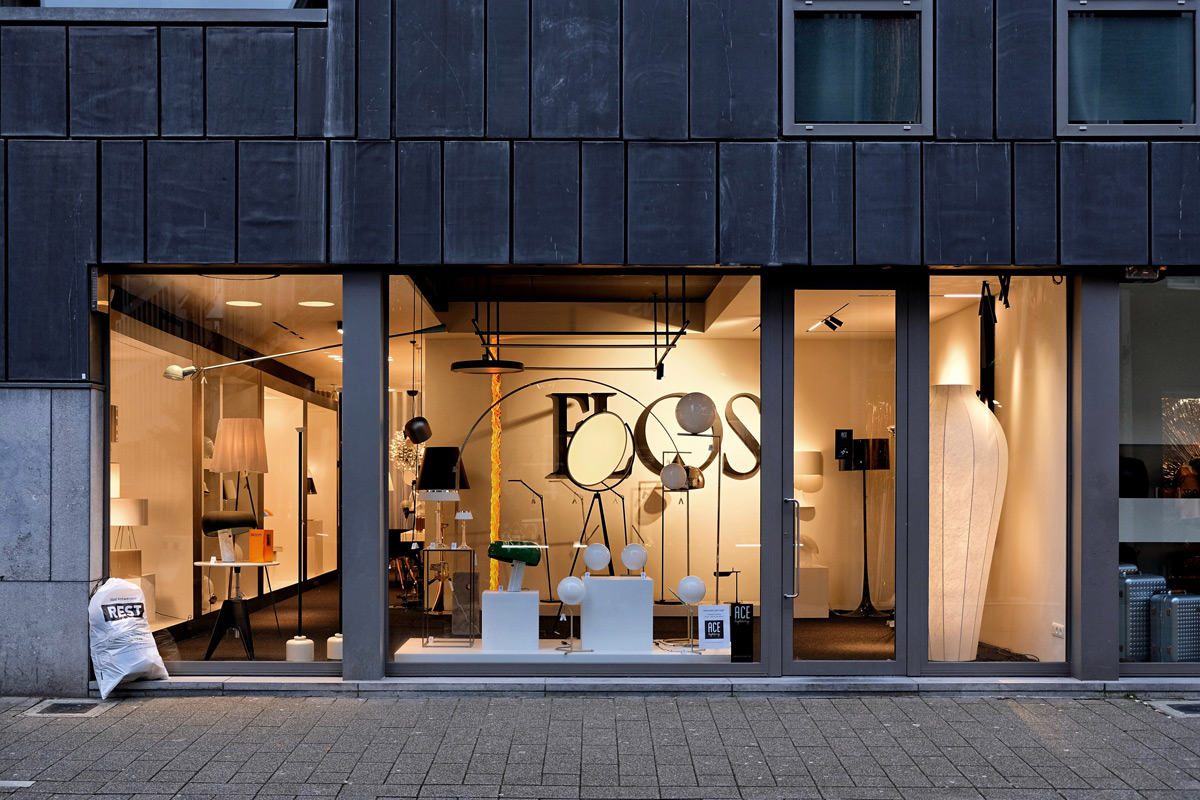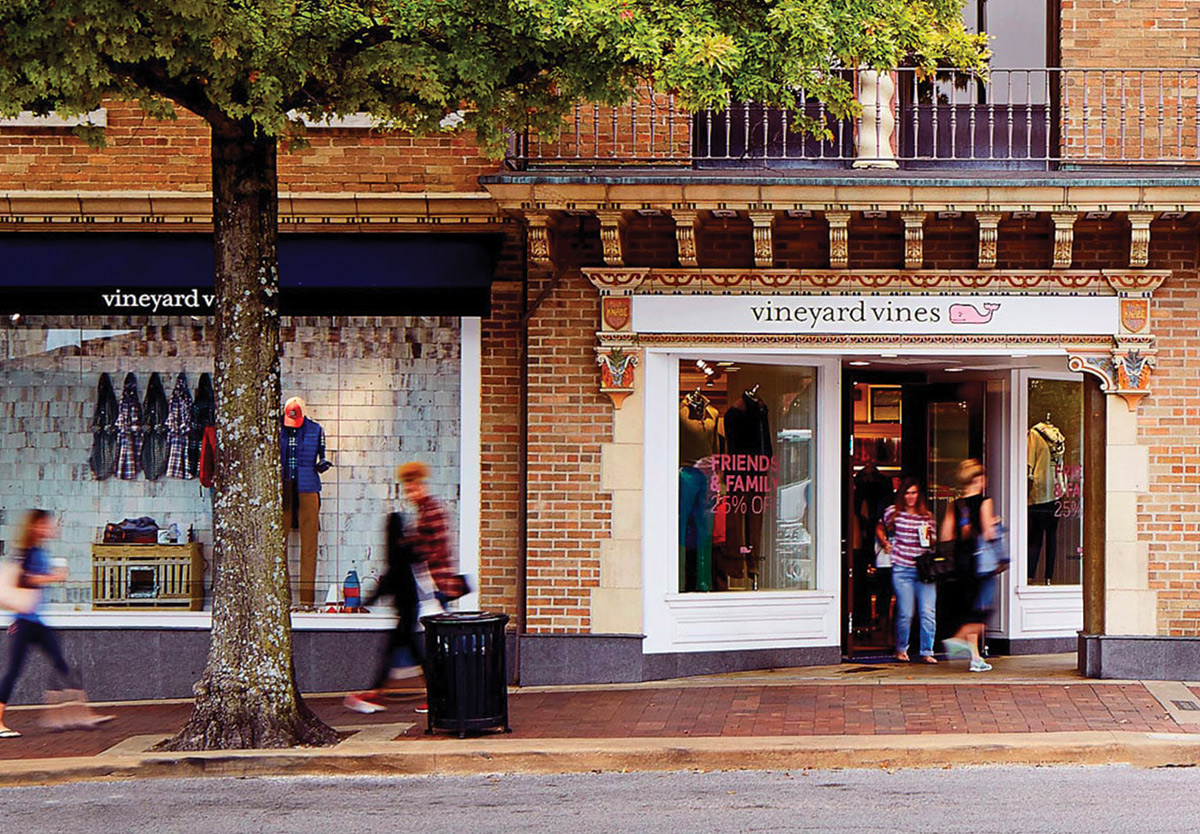Tenant representation or tenant rep can be complex, but the misconceptions some retailers have about it can prevent them from taking advantage of the opportunities it offers.
What is Tenant Representation?
Tenant representation is a service that brings experts with decades of experience to the table to help locate the best locations and negotiate the best possible outcomes on lease agreements. Tenant representation is essential – tenants need someone capable of understanding the market, using unparalleled market intelligence and geo-analytical tools to help retailers find the right locations, and employing that expertise to help ensure navigating, negotiating, and changing lease terms and fostering a tenant-landlord relationship into a partnership that benefits everyone in the industry.
Here we address the top seven misconceptions about tenant representation and why retailers choose the service.

- Tenant representation is only for big businesses.
While larger retailers may have more complex needs, more locations to manage, and bigger budgets, tenant representation can benefit retailers of all sizes. In fact, smaller retailers may benefit even more from tenant representation as they may not have the internal resources or expertise to navigate the commercial real estate market on their own. Tenant representation can help retailers of all sizes find the perfect space for their needs and negotiate favorable lease terms.
- Tenant representation is too expensive.
While there are costs associated with hiring a tenant rep, the benefits far outweigh the expenses. Tenant representatives help retailers save money by negotiating favorable lease terms, advocating for tenants, and steering tenants away from costly terms. Last year, ASG negotiated $13.5M in savings across 135 locations.
- Landlords won’t work with tenant representatives.
Most landlords are willing to work with tenant reps and many prefer it because they know they’re working with someone who has deep understanding of the market and can effectively negotiate on behalf of their client. Additionally, tenant representatives can help landlords fill vacancies quickly and efficiently, which can be beneficial for both parties.
- Tenant representatives only focus on finding the cheapest rent.
While finding affordable rent is important, tenant representatives also focus on finding the best overall deal for their clients. This includes negotiating lease terms, securing tenant improvements, and ensuring that the space meets the client’s needs. Tenant representatives work to balance cost with other important factors, such as location, amenities, and accessibility.
- We don’t need a tenant rep because we already have a lease.
Having a lease in place does not preclude retailers from being able to renegotiate terms based on changes in situation, ensure covenants are being met, and ensure flexibility. Even when a retailer has an existing lease, a tenant rep can provide insight into ways the lease can be enforced to save money.
- Tenant reps work for landlords.
Retail tenant reps work for the retailer they represent. Their goal is solely to ensure that you get the best possible lease. While many tenant reps have established relationships with landlords, this serves as a credibility factor, not a conflict of interest.
- We’re renegotiating an existing lease, so it’s not the right time.
Renegotiation may be one of the best times to enlist a tenant representative. The depth of expertise a tenant rep brings to the table can ensure that the terms of the lease are as beneficial as possible to the retailer, that there are no surprises included in the lease, and that there are adequate pathways for changing or ending the lease should there be significant changes in the situation.

Benefits of Tenant Representation
Retailers aren’t just seeking the lowest expense; it’s a combination of location, terms, and total occupancy cost that matters. A retailer might think they are negotiating a great deal on lease cost only to discover that the lease cost is lower than expected because the landlord takes a hefty percentage of sales or the retailer has no flexibility with regard to the space. Tenant representation helps the retailer in the negotiations. Here are some more benefits of tenant representation:
- Tenant Reps Work for the Retailer
A tenant rep is there solely to represent the retailer in securing locations and negotiating the best possible deal for the retailer. There is no conflict of interest.
- Tenant Reps Are Experts at Lease Negotiation
From quoted rents to exit strategies, tenant reps ensure that the retailer has protections in place that give them leverage if things change.
- Tenant Reps Save Retailers Time and Money
Tenant reps excel at saving money on things like attaining lower rent costs, higher improvement dollars, and other quantitative measures, but they also negotiate for the things that retailers may not consider, like better renewal options, capped expense costs, kick-outs, and sublease options.
- Tenant Reps Negotiate More than Just the Rent
Tenant reps analyze retail leases based on more than just the monthly rent, considering charges for real estate taxes, utility costs, construction costs, property insurance costs, CAM costs, and improvement allowances.

Tenant Reps Make the Difference
Entering your first negotiations with a landlord can be overwhelming and challenging. Without understanding the industry, the location, and the average lease costs for that area, many retailers end up signing on to deals that leave them with less profitability and more obligations. Tenant representation brings insight and expertise to the negotiation process.
See it in action: learn how we help Vineyard Vines problem solve & save money >




